New political party Renua wants to introduce mobile policing units that will be free to prioritise locations around the country where rural crime is most prevalent. The party says these “rural engagement officers” would prioritise locations where citizens are more likely to be victims of crime, with a focus on families, youth, alcohol, road-policing, organised crime and drugs.
Renua says this policy would be a "more adequate response" to the issue of rural crime than the reopening of “often obsolete rural policing stations” around the country.
John Drennan, spokesperson for Renua, said these rural engagement officers have been introduced in New Zealand and the policy has worked well there.
“New Zealand is like Ireland,” he said, “a small island and a rural country, so there are comparisons there that suggest this policy would work well in Ireland too.”
The party wants to carry out a nationwide survey to assess which locations are most affected by rural crime but Drennan said he is not sure at this stage what form this survey will take.
Fine Gael
Speaking at an event at Fine Gael Media HQ on Monday, An Taoiseach Enda Kenny said Fine Gael is committing to a greater number of gardaí if re-elected into government: “Our approach will combine smart investment in public services with reform, so we can provide better services and produce better outcomes. This will mean more gardaí on the beat as we free up 300 gardaí from desk work, as well as 600 new garda recruits a year.”
Based on the plan for these new garda recruits at one end of the scale, and departures from the police force due to retirements and natural losses at the other end, Fine Gael plans to have an extra 1,800 gardaí by 2021.
“Sustainability of services is essential for the people who rely on them,” Enda Kenny added. “Fine Gael will keep spending increases 1% below the long-term growth rate of the economy to ensure there is no boom-and-bust approach to investing in public services.”
Read more
Full coverage: general election 2016
General election on 26 February: key points for agriculture
New political party Renua wants to introduce mobile policing units that will be free to prioritise locations around the country where rural crime is most prevalent. The party says these “rural engagement officers” would prioritise locations where citizens are more likely to be victims of crime, with a focus on families, youth, alcohol, road-policing, organised crime and drugs.
Renua says this policy would be a "more adequate response" to the issue of rural crime than the reopening of “often obsolete rural policing stations” around the country.
John Drennan, spokesperson for Renua, said these rural engagement officers have been introduced in New Zealand and the policy has worked well there.
“New Zealand is like Ireland,” he said, “a small island and a rural country, so there are comparisons there that suggest this policy would work well in Ireland too.”
The party wants to carry out a nationwide survey to assess which locations are most affected by rural crime but Drennan said he is not sure at this stage what form this survey will take.
Fine Gael
Speaking at an event at Fine Gael Media HQ on Monday, An Taoiseach Enda Kenny said Fine Gael is committing to a greater number of gardaí if re-elected into government: “Our approach will combine smart investment in public services with reform, so we can provide better services and produce better outcomes. This will mean more gardaí on the beat as we free up 300 gardaí from desk work, as well as 600 new garda recruits a year.”
Based on the plan for these new garda recruits at one end of the scale, and departures from the police force due to retirements and natural losses at the other end, Fine Gael plans to have an extra 1,800 gardaí by 2021.
“Sustainability of services is essential for the people who rely on them,” Enda Kenny added. “Fine Gael will keep spending increases 1% below the long-term growth rate of the economy to ensure there is no boom-and-bust approach to investing in public services.”
Read more
Full coverage: general election 2016
General election on 26 February: key points for agriculture




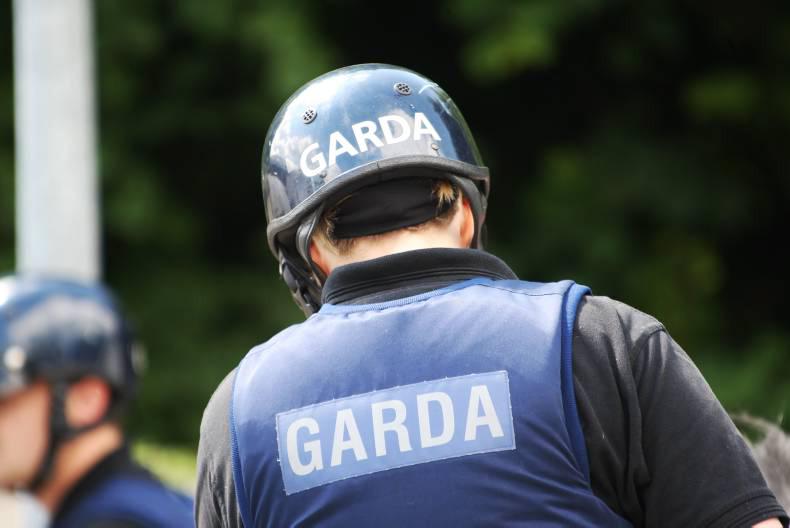
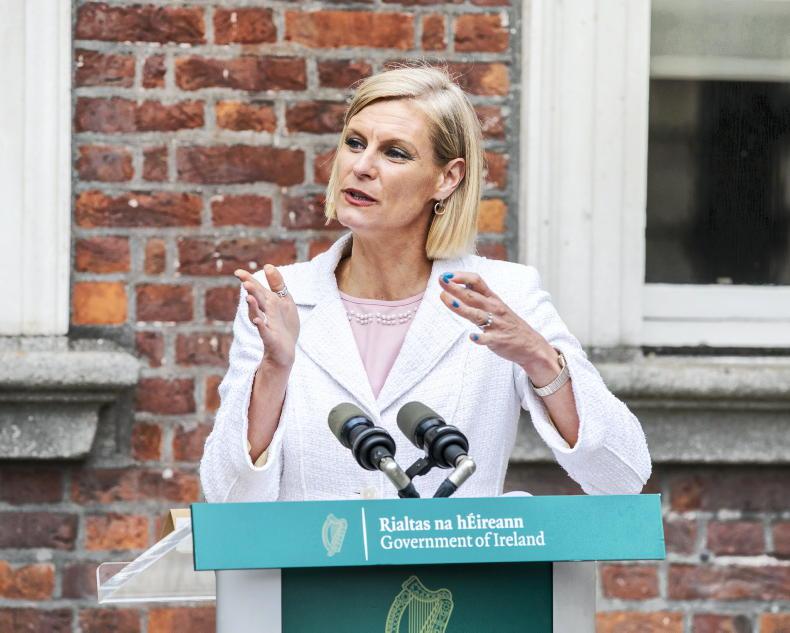
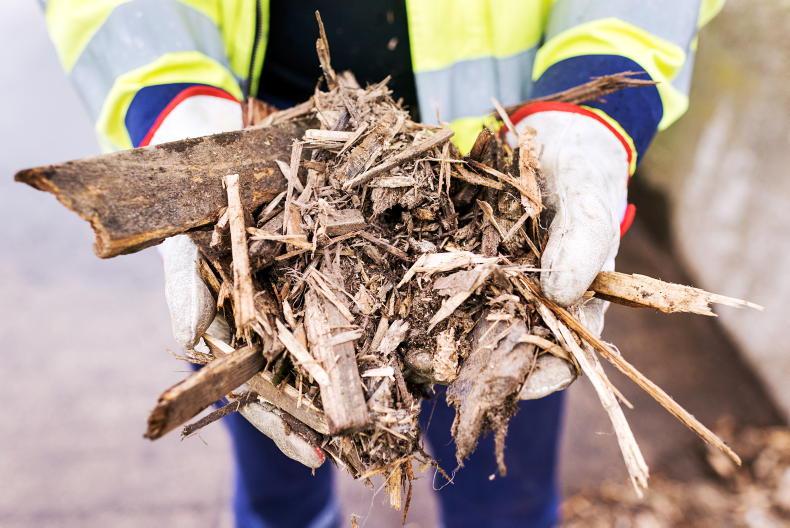
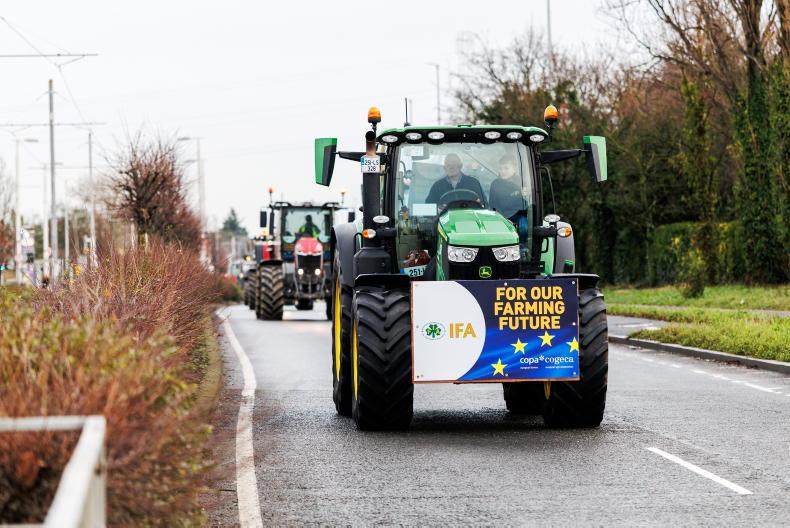
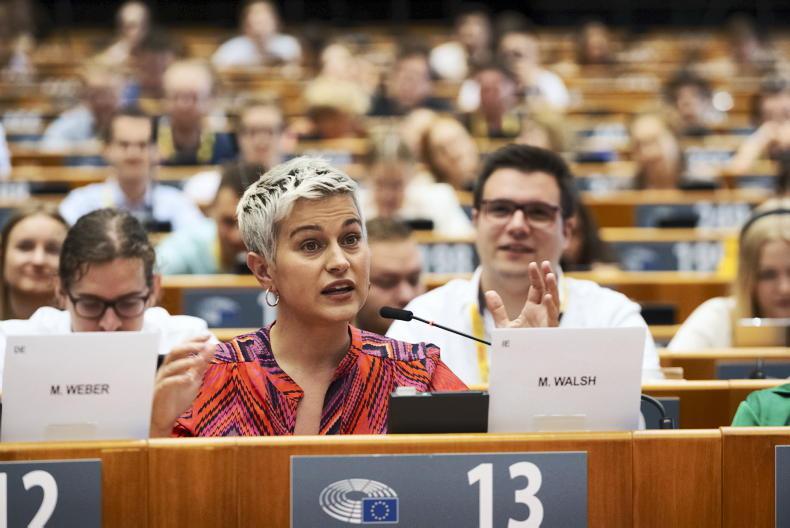
SHARING OPTIONS